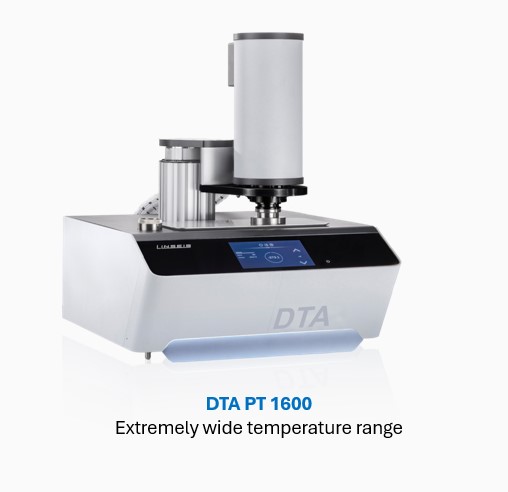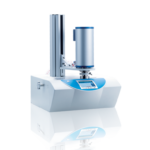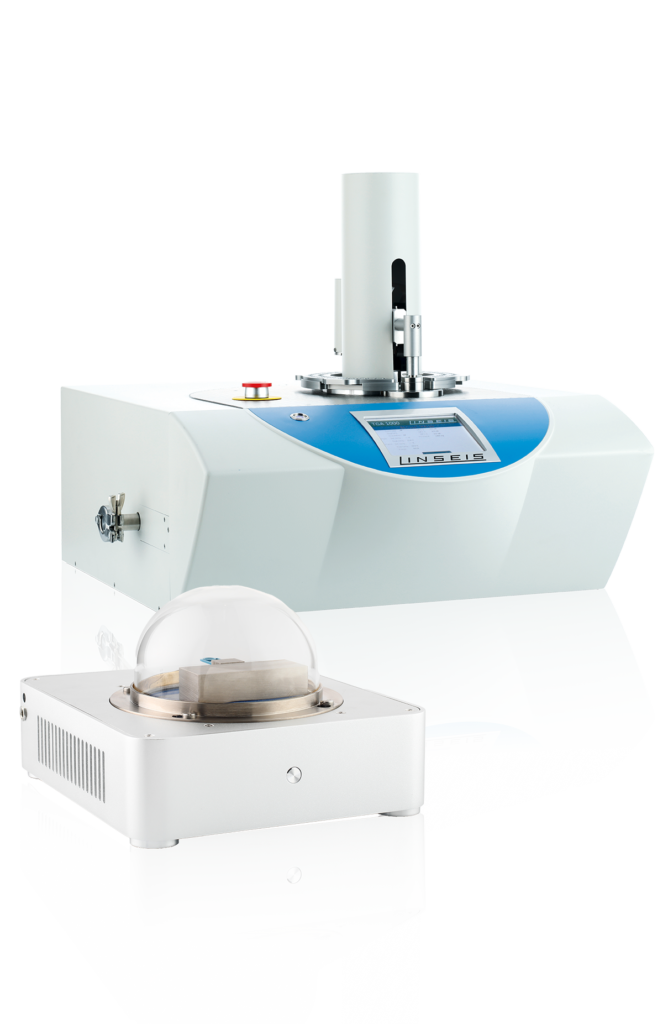Linseis – Differential Thermal Analysis (DTA)
Differential thermal analysis (DTA) is a widely used method for analyzing materials. DTA utilizes the fact of a characteristic energy conversion during the phase transition for qualitative and quantitative analysis.
The modular concept of our DSC and DTA systems enables us to cover a temperature range from -150°C to 2400°C using various furnaces, measuring systems and crucibles. Due to the vacuum-tight design, measurements of the enthalpy under the cleanest atmospheres and under a vacuum of up to 10E-5 mbar are possible. In addition, our systems can be equipped with a mass spectrometer or FTIR to obtain further information. All DTA devices operate in accordance with the following national and international standards ASTM C 351, D 3417, D 3418, D 3895, D 4565, E 793, E 794, DIN 51004, DIN 51007, ISO 10837.

IDEAL FOR
The measurement is based on a comparison of the sample temperatures with a reference. The devices are used to characterize pharmaceuticals, food, chemicals and inorganic substances. Typically effects like glass conversions, crystallization, melting and sublimation can be measured.
FEATURES
MODEL |
DTA PT 1600* |
|---|---|
| Temperature range: | -150°C bis 500/1000°C, RT – 1400/1500/1600/1750/2000/2400°C |
| Sensor: | E/K/S/B/C |
| Sensor types: | DTA |
| Heating rate: | 0.001 K/min … 50 K/min |
| Cooling rate: | 0.001 K/min … 50 K/min |
| Sensor: | heat flux |
| Temperature modulation: | Yes |
| Atmosphere: | reduced, oxidizing, inert (static, dynamic) |
| Vacuum: | 10E-5 mbar |
| PC Interface: | USB |





